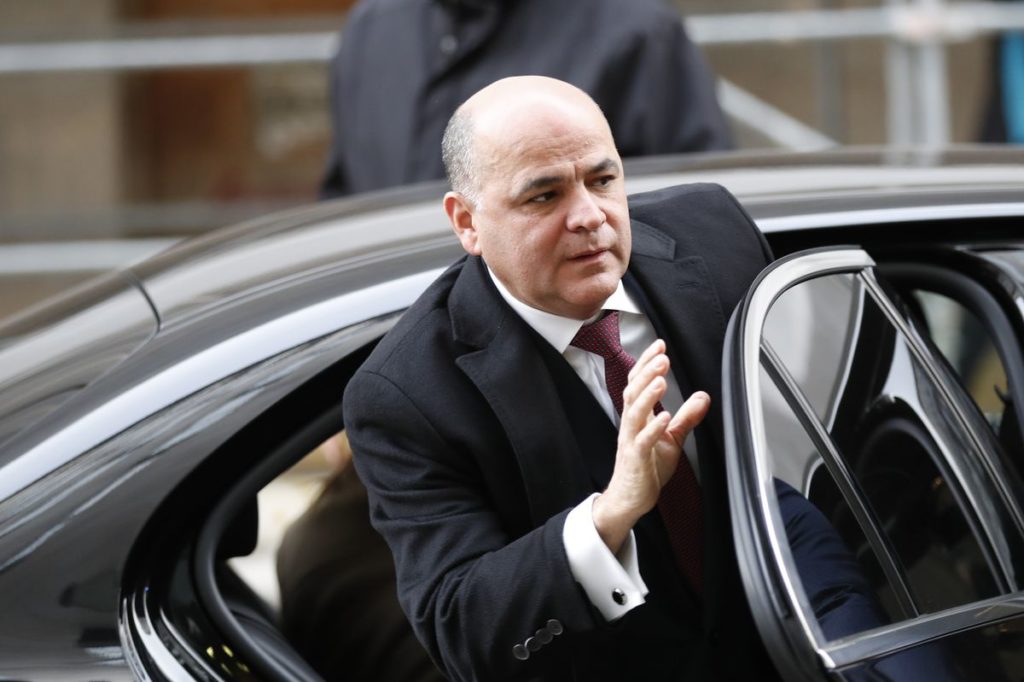
Will there be two OPEC presidents now?
With Venezuela boasting two proclaimed heads of state, it’s worth remembering that the nation with the world’s largest oil reserves also currently holds the rotating role of president of the Organization of Petroleum Exporting Countries.
Several governments — including the U.S. and Brazil — on Wednesday recognized National Assembly leader Juan Guaido as the acting president of Venezuela. Even more awkward, fellow OPEC member Ecuador has come out in favor of Guaido over Nicolas Maduro.
But will the opposition leader send his own minister to OPEC? The president of the group has many ceremonial powers, including opening each meeting with a speech and taking part in the post-meeting press briefing. The president also controls the meeting agenda in concert with the OPEC secretary-general, and can call an emergency meeting (with coordination from other members).
Eager to highlight the powers of the position, Venezuela had asked to hold one of the organization’s regular ministerial meetings — either in June or December — in Caracas instead of the group’s Vienna headquarters.
There is some precedence if Guaido decides to appoint his own minister. During the recent civil war in Libya, two factions tried to attend an OPEC meeting, but the organization only allowed a representative from the government that was recognized by most of OPEC’s members and the United Nations. The UN so far hasn’t taken sides in the Venezuelan imbroglio.
The next scheduled ministerial meeting will be in Vienna on April 17 and 18, preceded by a gathering of the monitoring committee — which reviews the implementation of supply cuts — in Azerbaijan on March 17 and 18. Those dates were announced last week, helped in part by consultation with Venezuela’s official OPEC representative, Oil Minister Manuel Quevedo.
33Despite the ceremonial role held by Venezuela, its power within the cartel has collapse over the last two decades as its production declined. Today Caracas pumps just above 1 million barrels a day, compared with more than 3 million barrels a day in the late 1990s. Back then, Caracas and Riyadh were the two major power brokers within OPEC, often holding secret meetings to decide production.
Quevedo, who has made a habit of going into OPEC meetings hand-in-hand with his wife, has been running both the oil ministry and Petroleos de Venezuela SA since November 2017. The major general previously served as the housing minister for Maduro.
Then again, being the minister of the nation with the world’s largest oil reserves isn’t always the best job. Both of Quevedo’s predecessors have been arrested, and former Minister Nelson Martinez died last month while in state custody, gathered up in a crackdown on alleged corruption at the state-owned oil company.